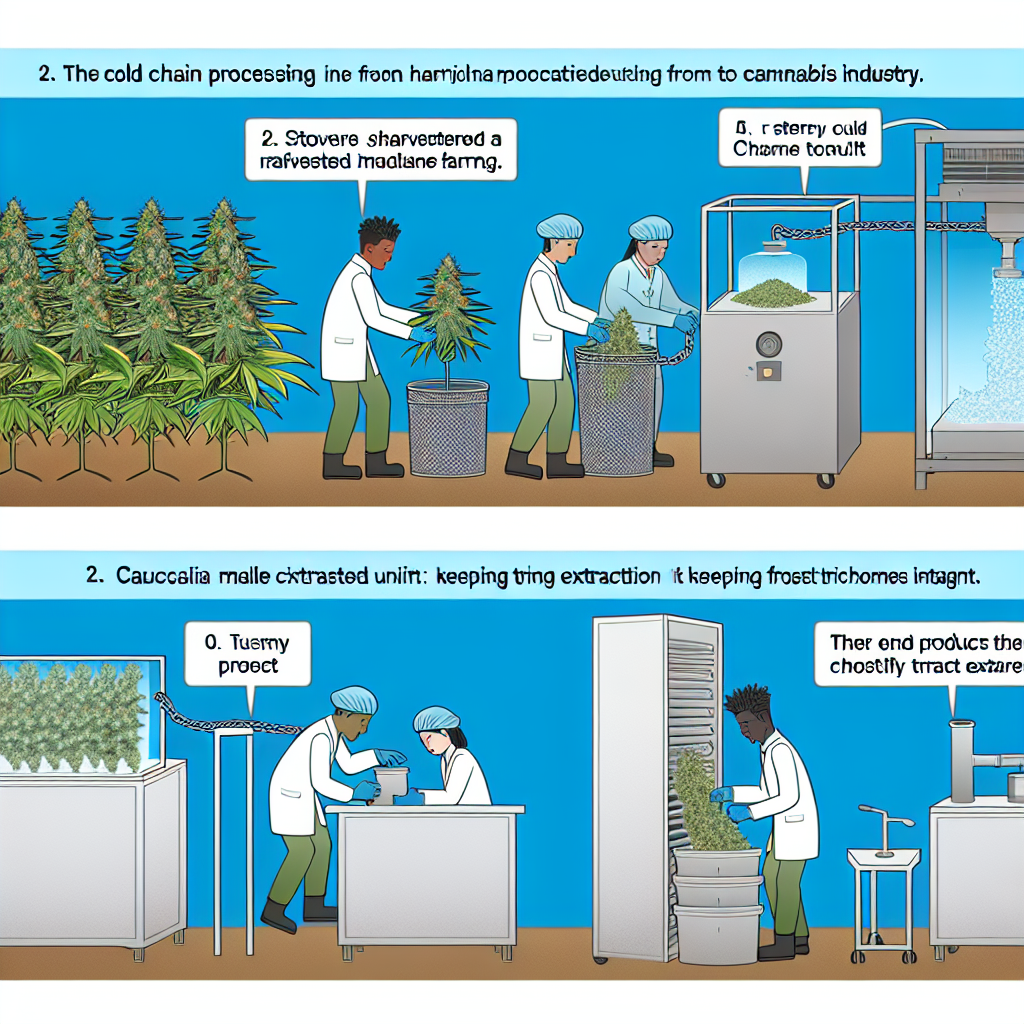Endocannabinoid Deficiency: Testing and Supplementation Strategies
As the cannabis and wellness industries continue to grow, there is a rising awareness around the intricate role of the endocannabinoid system (ECS) in maintaining physiological balance. One concept gaining prominence is Clinical Endocannabinoid Deficiency (CECD), a hypothesized condition characterized by low levels of endocannabinoids or ECS dysfunction. This potential deficiency is thought to play a central role in certain chronic conditions, including migraines, fibromyalgia, irritable bowel syndrome (IBS), and other treatment-resistant syndromes.
Unlocking the Mystery: What Is Clinical Endocannabinoid Deficiency?
The foundation for the theory of CECD was laid by Dr. Ethan Russo, a leading researcher in cannabinoid science. In his 2004 paper, he proposed that several chronic conditions might share a common origin – an underactive ECS. Follow-up studies have lent further support to this hypothesis, demonstrating reduced endocannabinoid levels in patients with migraines and IBS.
ECS Testing and Diagnostics: A New Frontier in Personalized Medicine
Attempts to clinically test endocannabinoid levels are mostly confined to research labs. Measurement typically involves assessing endocannabinoid metabolites from blood plasma or cerebrospinal fluid using mass spectrometry techniques. Researchers are actively working on developing more reliable diagnostics, including ECS biomarkers and receptor imaging tools, to provide the framework for clinical testing.
Supplementing the ECS: Phytocannabinoids, Terpenes, and Lifestyle Interventions
Anecdotal and preliminary clinical data suggest that cannabis-derived cannabinoids, particularly full-spectrum, high-CBD or balanced CBD:THC extracts, may help modulate the ECS in individuals believed to have deficiencies. Other supplemental strategies include terpenes, dietary interventions, exercise, and stress reduction techniques, all shown to enhance natural endocannabinoid tone.
The Future of ECS Health: Personalized Cannabis Therapy
As studies advance, future CECD testing may become a key component of personalized cannabinoid medicine, empowering healthcare providers and cannabis professionals with the data to develop tailored wellness and treatment protocols.
Conclusion: Optimizing Wellness Through ECS Balance
Endocannabinoid deficiency represents a frontier in functional and cannabinoid medicine with far-reaching implications. While testing methods are still emerging, the science supports a growing recognition that supplementation through cannabinoids, supportive lifestyle strategies, and phytochemicals may offer relief for those experiencing ECS imbalances.
Summary:
The endocannabinoid system (ECS) plays a crucial role in maintaining physiological balance, and its potential deficiency, known as Clinical Endocannabinoid Deficiency (CECD), is gaining attention as a factor in certain chronic conditions. Testing for CECD is still in its early stages, but research suggests that supplementation with cannabis-derived cannabinoids, terpenes, and lifestyle interventions may help modulate the ECS and provide relief. As the science advances, personalized cannabis therapy targeting ECS imbalances could become a key component of holistic healthcare.
References:
1. [Russo, E. (2004). Clinical Endocannabinoid Deficiency (CECD): Can this concept explain therapeutic benefits of cannabis in migraine, fibromyalgia, irritable bowel syndrome and other treatment-resistant conditions? *Neuro Endocrinology Letters*.](https://pubmed.ncbi.nlm.nih.gov/18404144/)
2. [Russo, E. (2016). Clinical endocannabinoid deficiency reconsidered: Current research supports the theory in migraine, fibromyalgia, irritable bowel, and other treatment-resistant syndromes. *Cannabis and Cannabinoid Research*.](https://www.ncbi.nlm.nih.gov/pmc/articles/PMC5576607/)
3. [Bisogno, T., & Di Marzo, V. (2010). Cannabinoid receptors and their ligands: Role in neuroinflammation. *Current Pharmaceutical Design*.](https://www.ncbi.nlm.nih.gov/pmc/articles/PMC3560056/)
4. [Fezza, F., Bari, M., & Maccarrone, M. (2018). Endocannabinoid signaling and the regulation of social behavior. *Frontiers in Psychiatry*.](https://www.ncbi.nlm.nih.gov/pmc/articles/PMC6313445/)
5. [Zou, S., & Kumar, U. (2018). Cannabinoid receptors and the endocannabinoid system: Signaling and function in the central nervous system. *International Journal of Molecular Sciences*.](https://www.ncbi.nlm.nih.gov/pmc/articles/PMC5877694/)




